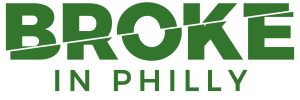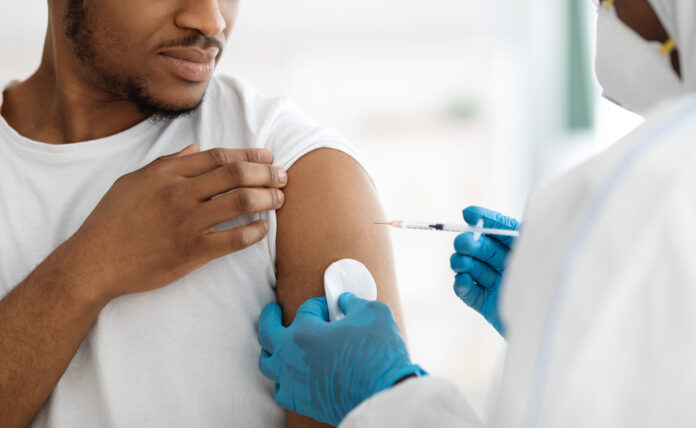In continued efforts to facilitate monkeypox vaccination and education, the Philadelphia Department of Public Health (PDPH) recently announced the recipients of its Promoting Equity and Expansion of Monkeypox Vaccination Services funding opportunity. Funds were allocated according to three tracks: organizations that provide monkeypox vaccination services; those that collaborate with other organizations to support vaccination services; and those that do community engagement to help educate the public about getting vaccinated.
Organizations that received funds to provide vaccination services include Bebashi Transition to Hope, Courage Medicine, Drexel Medicine, Mazzoni Center and Philadelphia FIGHT. The Ala Stanford Center for Health Equity received funds to support vaccine provision through another funding tool. Collaboration funding recipients include galaei and partner organization Urban Affairs Coalition, and community engagement funding recipients include COLOURS/Urban Affairs Coalition, and Prevention Meets Fashion.
“We are excited to be recipients of the PDPH grant,” Libro J. Ciarmatori Jr., practice manager at Bebashi, said in an email. “We have fought hard to create access for our vulnerable population to receive the vaccination. We serve a high-risk population so being able to offer the monkeypox vaccine will have a direct impact on driving the number of new infections down in Philadelphia.”
As part of its continued community outreach work, the Bebashi team will host pop-up vaccine clinics during atypical hours. The next clinic will be held at Level Up bar on Friday, Nov. 4 from 8:00 p.m. to 11:00 p.m. Community members can also get tested for HIV at the pop-up clinic.
Nhakia Outland, founder and executive director of Prevention Meets Fashion (PMF), will use the grant to provide education about monkeypox, as well as linkage to testing, vaccination and harm reduction for people who aren’t vaccinated and who are thinking of doing so. One way Outland plans to accomplish that is through clothing-related resources.
“We’re going to launch our laundry services, so we’re really focusing on monkeypox and clothing to get people interacting with us in a non-threatening way,” Outland said. “Especially because the narrative has been around LGBTQ folks. We want to take that image out of people’s heads so that they engage with us and then we can talk about everything in totality.”
Outland also plans to organize some virtual events in tandem with clinicians from the Philadelphia Health Department, as well as a series of strategic community pop-up events to provide monkeypox education. The PMF team will do a “warm hand-off” of monkeypox vaccine-qualifying individuals to the Health Department and other local health organizations.
The Health Department created this funding opportunity to boost equitable access to the monkeypox vaccine and to facilitate the dissemination of accurate information to folks who are at high risk of contracting monkeypox and who may be hard to reach through typical media channels. Surveys indicate that over half of people diagnosed with monkeypox are Black, yet only 27% of vaccines have been given to Black residents of Philadelphia. As of October 26, there have been 532 confirmed cases of monkeypox in the city, with 76% of those cases occurring in cisgender men, and 70% of those cases occuring in people ages 20 to 39.


